Choosing Windows for a Country House: Tips from Professionals
Simply and clearly we explain the important aspects of choosing windows together with specialists from the company Rehau.
Wooden Windows
Wood is a natural material that is resistant to temperature fluctuations. To ensure such windows are not inferior in quality to aluminum and plastic ones, the wood undergoes a complex, multi-step treatment. That's why they are expensive.
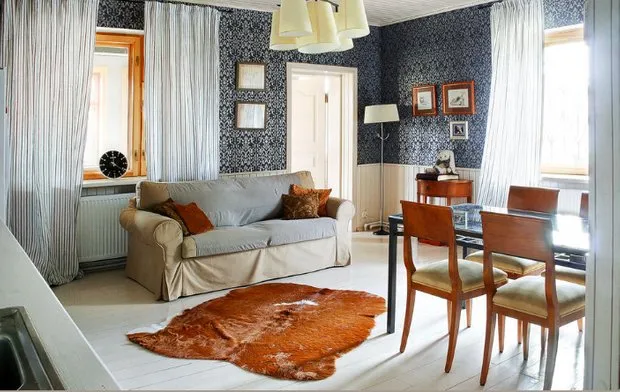 How to Choose?
How to Choose?Pay attention to the type of wood. Windows made from coniferous woods are relatively inexpensive and lightweight. However, fir or pine is a soft material, which makes it vulnerable to scratches and other mechanical damage.
Windows made from deciduous woods are heavy, costly, and more durable. For example, oak is strong, hardly absorbs moisture, and is not prone to deformation.
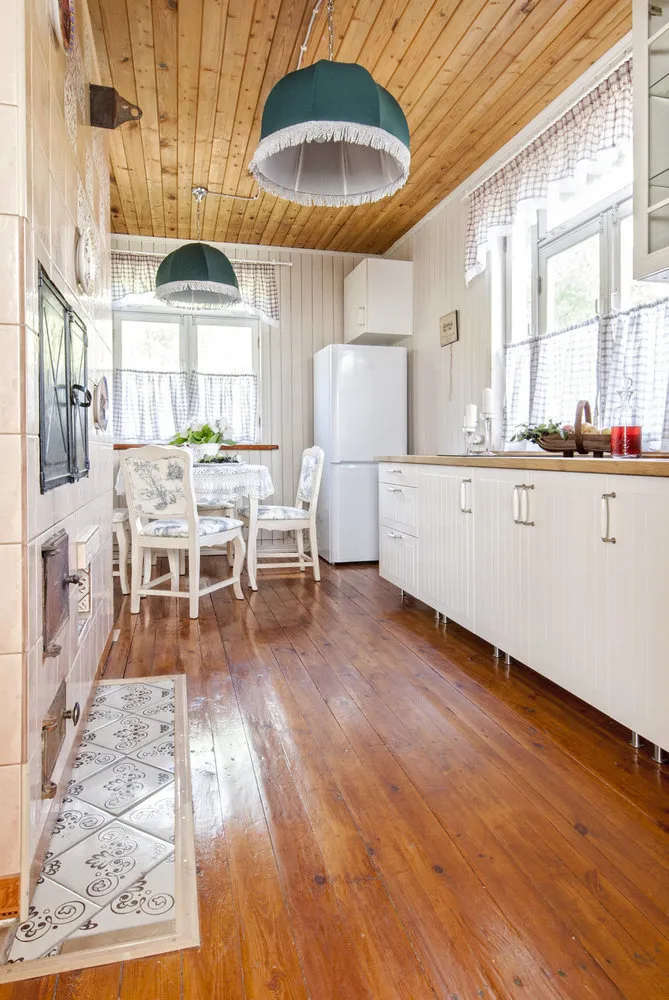 Design: Marina Nasedkina and Ilya Nasonov
Design: Marina Nasedkina and Ilya NasonovThe structure, thickness, and density of the wood are also important. A wooden profile at least 78 mm thick made from three-layer glued lumber is the optimal choice for a private home, offering resistance to cold and temperature fluctuations.
Plastic Windows
Windows with PVC profiles are cheaper than wooden ones, easy to maintain, and not prone to rotting. Premium plastic windows look almost as good as those made from expensive wood.
How to Choose? The reliability of plastic window frames directly depends on the number of air chambers – cavities between PVC partitions inside the profile that trap air. The more chambers, the warmer and quieter your home.
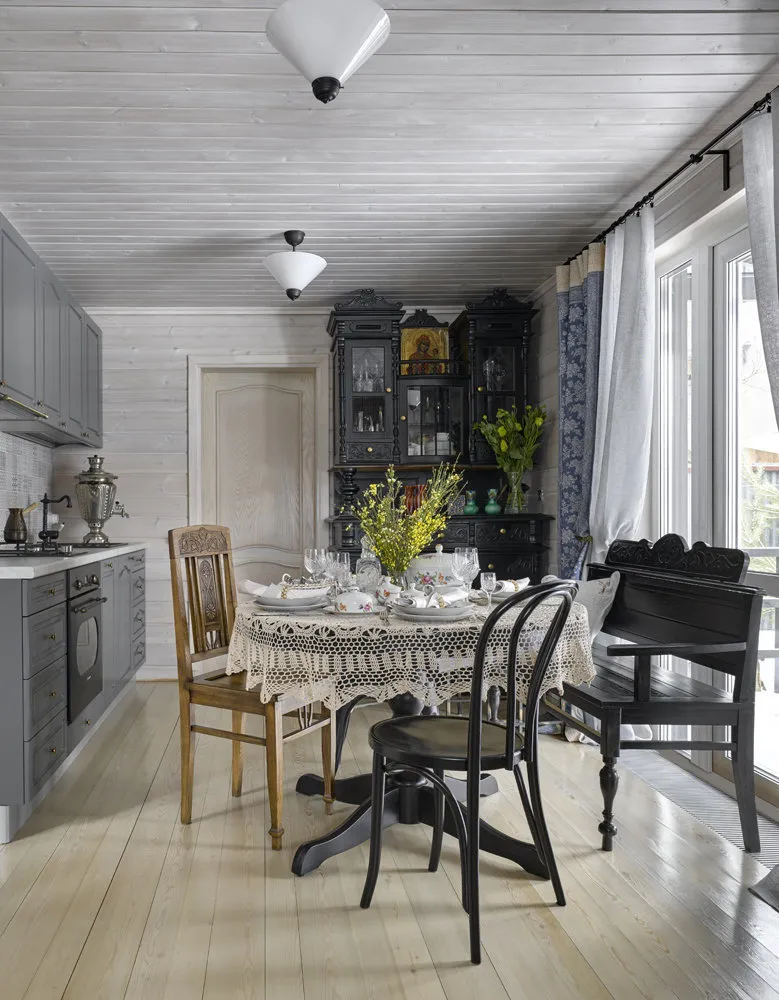 Interior of Irina Lavrentieva
Interior of Irina LavrentievaA good profile includes no less than three air chambers. In regions with especially harsh winters, it is better to choose profiles with five or six chambers. These constructions can withstand the coldest temperatures.
Another important quality indicator is the profile thickness: it should be at least 60–70 mm. A window with such a profile will reliably protect your home from cold and wind.
Aluminum Windows
Durable, lightweight, and nearly indestructible, aluminum frames are ideal for panoramic windowing. However, aluminum is a cold and non-tactile material. Unlike wood and plastic, it heats up quickly but cools down just as fast and does not “breathe.”
How to Choose?
An aluminum profile can consist of one or more air chambers. Single-chamber or cold aluminum windows protect the room from dirt and mold but do not retain heat, so they are better suited for terraces and porches.
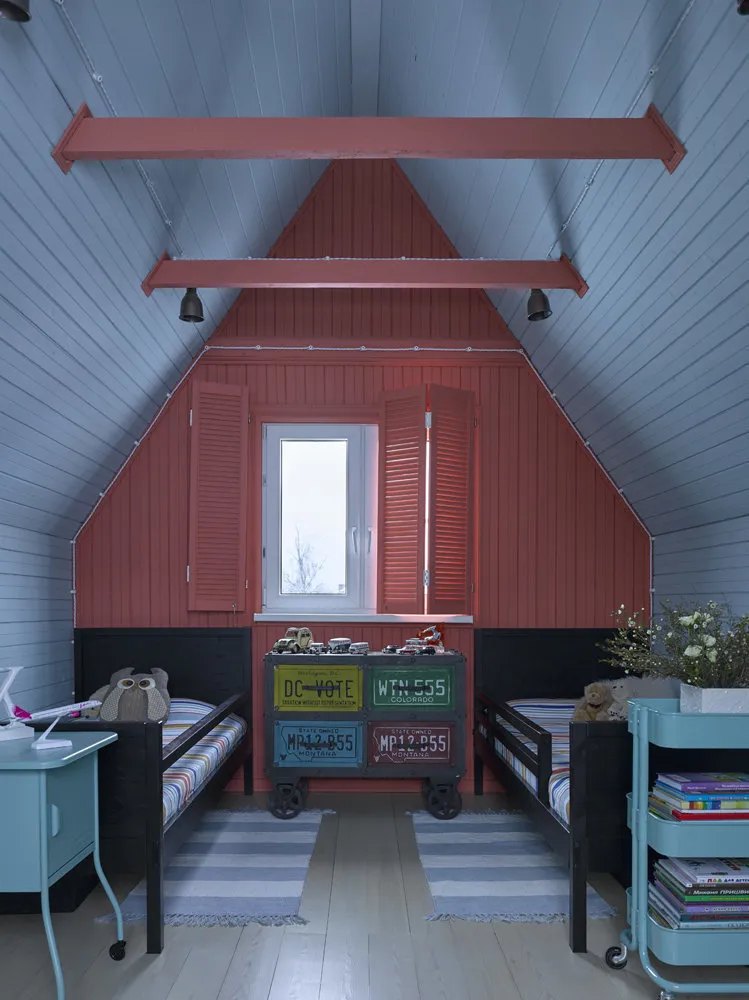 Interior of Irina Lavrentieva
Interior of Irina LavrentievaProfiles for warm aluminum constructions are made with two or five chambers. They are equipped with seals and thermal inserts to prevent freezing and retain heat in the house. These should be installed in heated rooms.
Since aluminum windows do not let air through, they are better used locally—for example, in facade glazing—and combined with plastic or wooden ones.
With the profile chosen, what else matters?
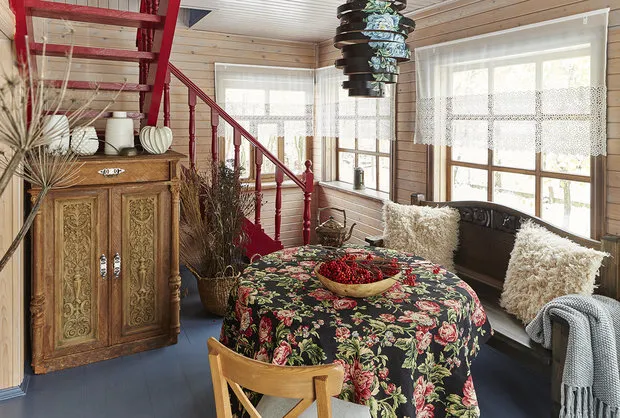 Interior of Dina Kostochka
Interior of Dina Kostochka- Glazing Unit. When choosing between a two-pane or three-pane unit, the latter is preferable. A triple-glazed unit with three panes offers better protection from external noise and reduces heat loss in the house.
- Hardware. Cheap and low-quality hardware will wear out quickly.
Reliability of the Manufacturer. Find out how long the company has been on the market, what its service is like, and what’s included in the warranty and post-warranty support.
Certificates of Quality.
Proper Installation. Incorrect installation will nullify the benefits of any window type.
Need a renovation specialist?
Find verified professionals for any repair or construction job. Post your request and get offers from local experts.
You may also like
More articles:
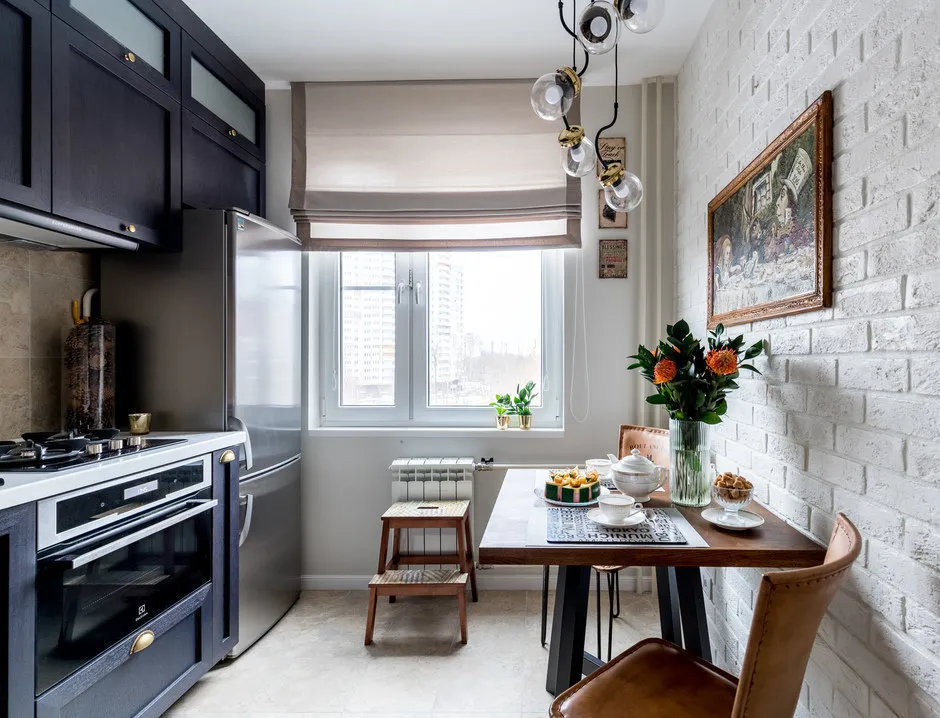 How to Arrange a Comfortable Apartment Without Relocation?
How to Arrange a Comfortable Apartment Without Relocation? 10 Rules of Marcel Wanders Design
10 Rules of Marcel Wanders Design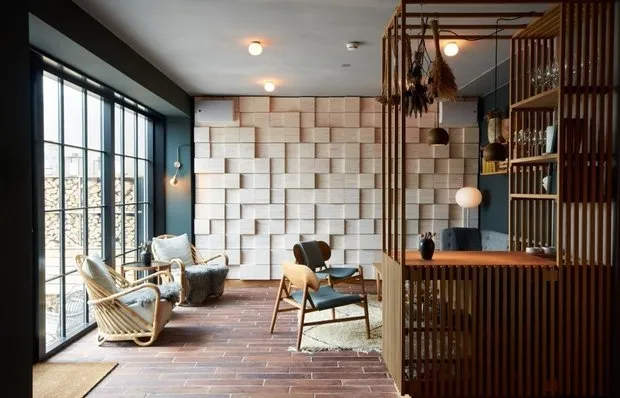 How to Create a Harmonious Interior: 7 Secrets of the Japanese
How to Create a Harmonious Interior: 7 Secrets of the Japanese Apartment Redesign: What Is Allowed and What Is Not
Apartment Redesign: What Is Allowed and What Is Not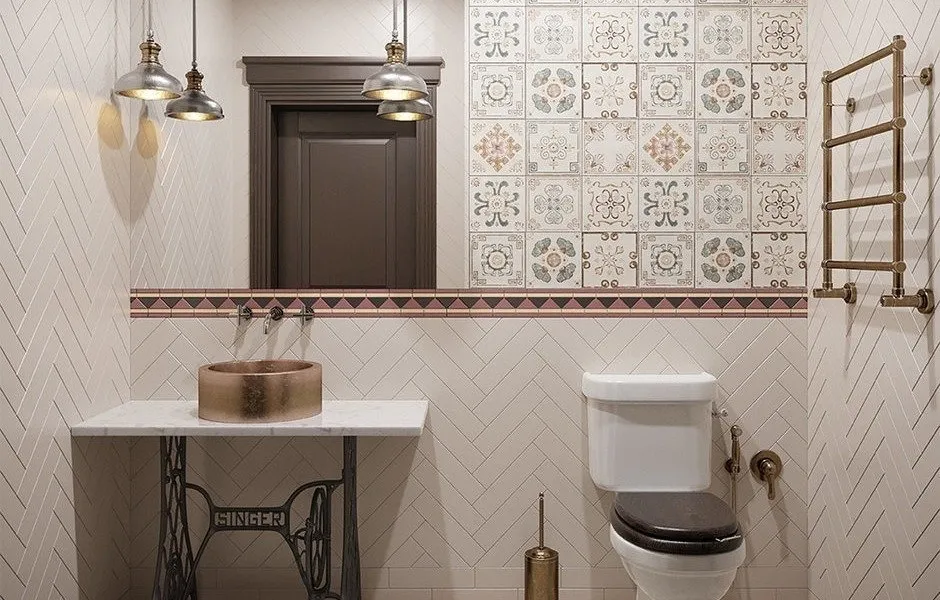 How and Why to Combine Different Metals in Interior Design
How and Why to Combine Different Metals in Interior Design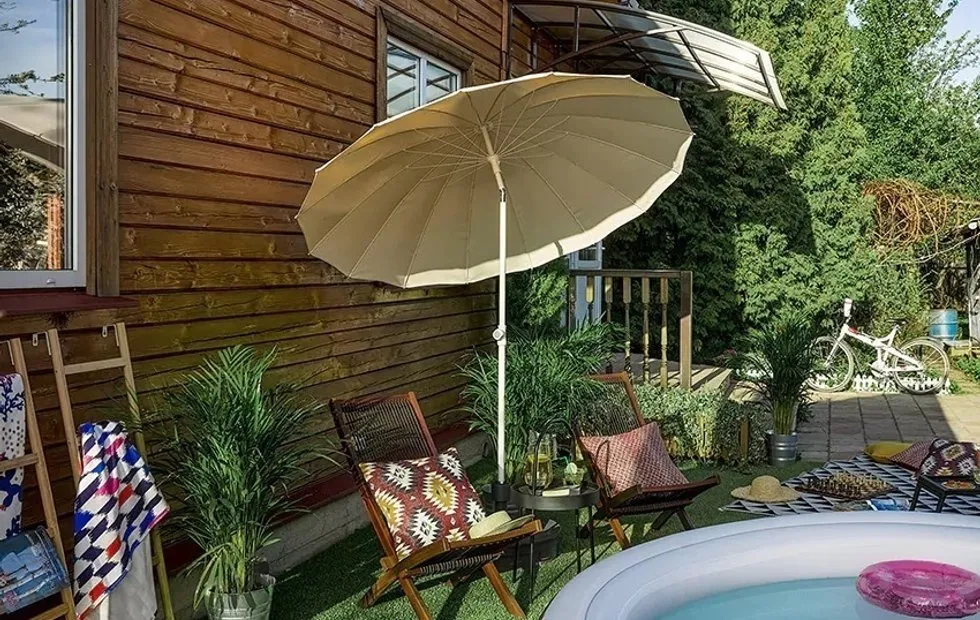 Time for the Garden: What to Buy at IKEA Before Your Trip
Time for the Garden: What to Buy at IKEA Before Your Trip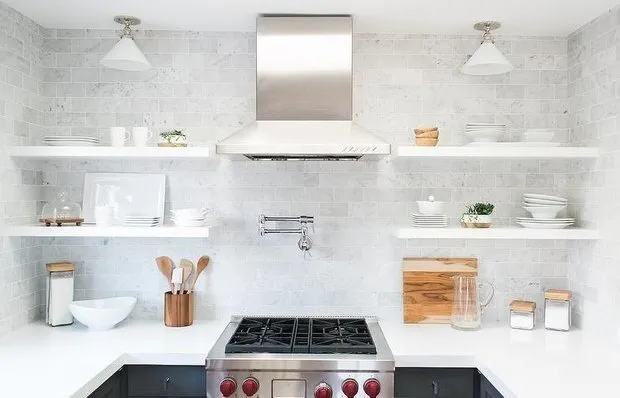 Everything You Need to Know About Installing an Exhaust Fan in the Kitchen
Everything You Need to Know About Installing an Exhaust Fan in the Kitchen From Idea to Implementation: How Designers Sketch
From Idea to Implementation: How Designers Sketch